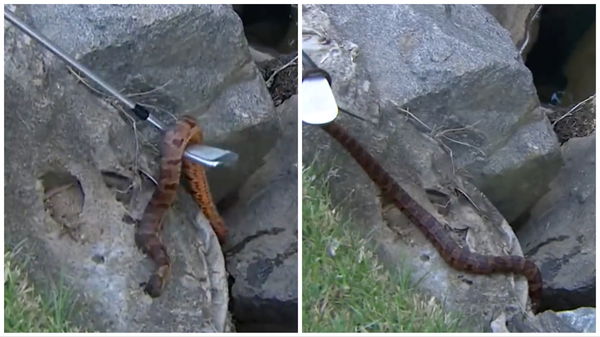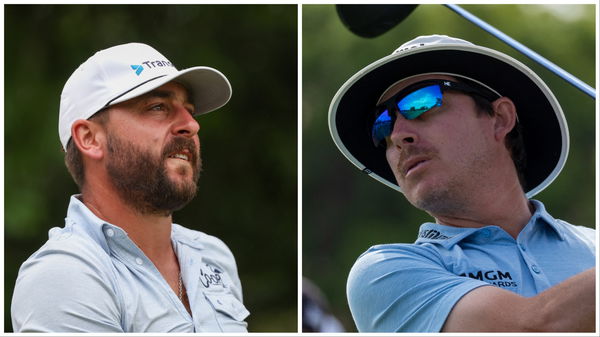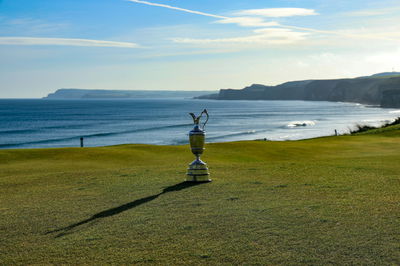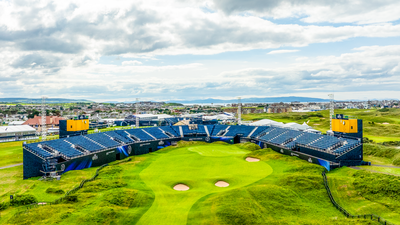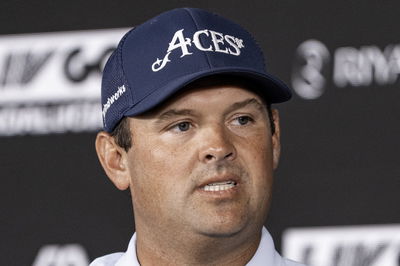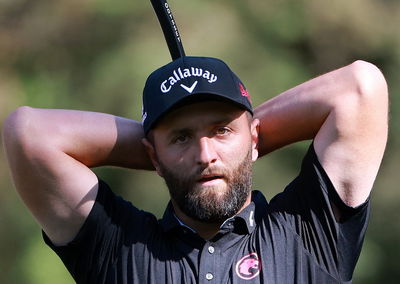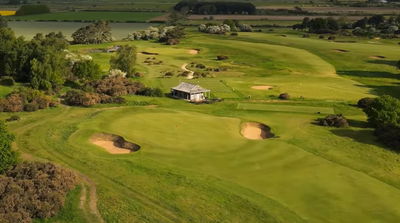PGA Tour boss on slow play concerns: "We’re in the entertainment business"
PGA Tour commissioner Jay Monahan has finally addressed the slow pace of play concerns.
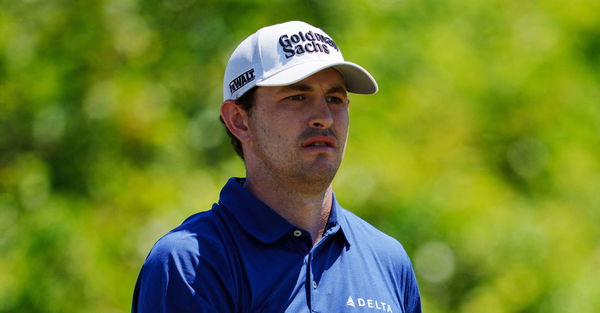
Pace of play has recently become a major discussion on the PGA Tour, and now the league's commissioner is chiming in on the issue, too.
The unenviable face of the topic has become Patrick Cantlay, who was put under the spotlight following Brooks Koepka's comments at the Masters.
The four-time major winner was playing alongside eventual winner Jon Rahm, and following their round he complained about Cantlay and Viktor Hovland's pace in the group ahead of them.
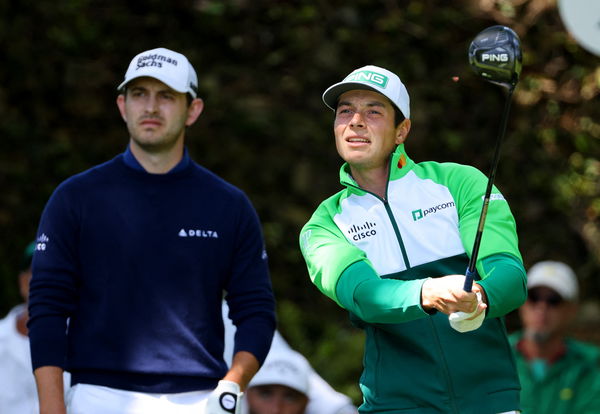
Reigning U.S. Open champion Matt Fitzpatrick spoke about slow pace on the PGA Tour following his win at the RBC Heritage a week later, calling it a "disgrace."
He notably played with Cantlay and Jordan Spieth in the final group Sunday at Hilton Head before defeating Spieth in a playoff.
Ahead of the Wells Fargo Championship this week at Quail Hollow in North Carolina, Cantlay responded to the slow play critics.
He told reporters that he's not too worried about the large criticism he's been receiving, and that it largely goes unnoticed since he's not actively on social media.
Related: Patrick Cantlay blames THIS reason for slow play accusations
The 32-year-old also said that Jay Monahan, the PGA Tour commissioner, had said that the tournament had finished earlier than anticipated at the recent Zurich Classic in New Orleans.
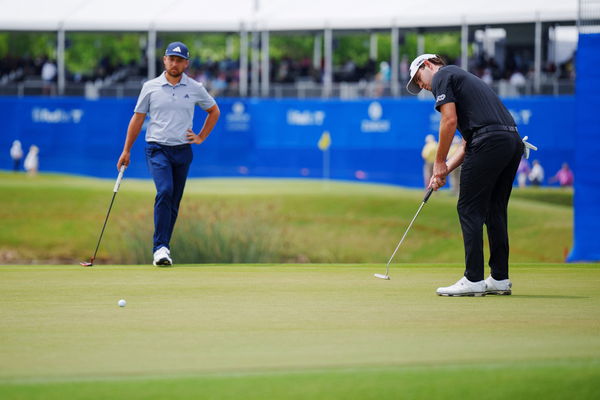
Cantlay had said:
Now, Monahan has also chimed in on the pace of play discussion.
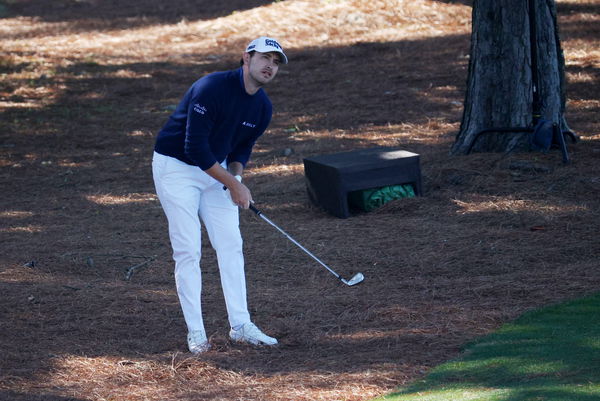
In an interview on SiriusXM PGA Tour radio, per Golf.com, he said that pace is a current focus on the PGA Tour, while also echoing what Cantlay had said.
He also said he believes the designated events will speed up the pace.
Monahan pointed out the conflicting interests of viewers and the PGA Tour, broadcasters, and its advertisers. The latter three are also trying to meet the agreements setup in contracts, which tournaments ending early can disrupt.
“We’re in the entertainment business. We’re on television,” he said. “Look at the number of times that we're finishing on time, if not early. And that’s a frustration of mine because we don’t want people turning off CBS or NBC before the competition, before six o’clock."
